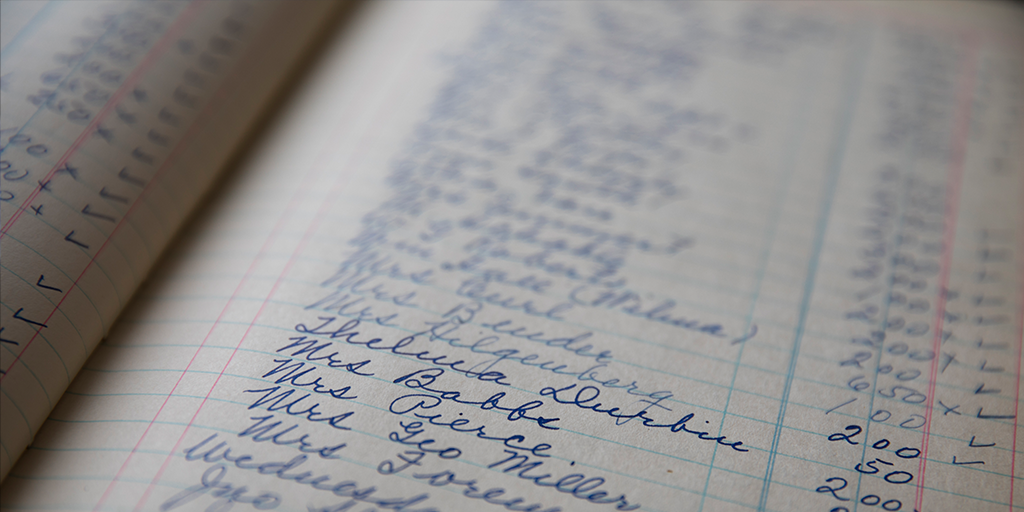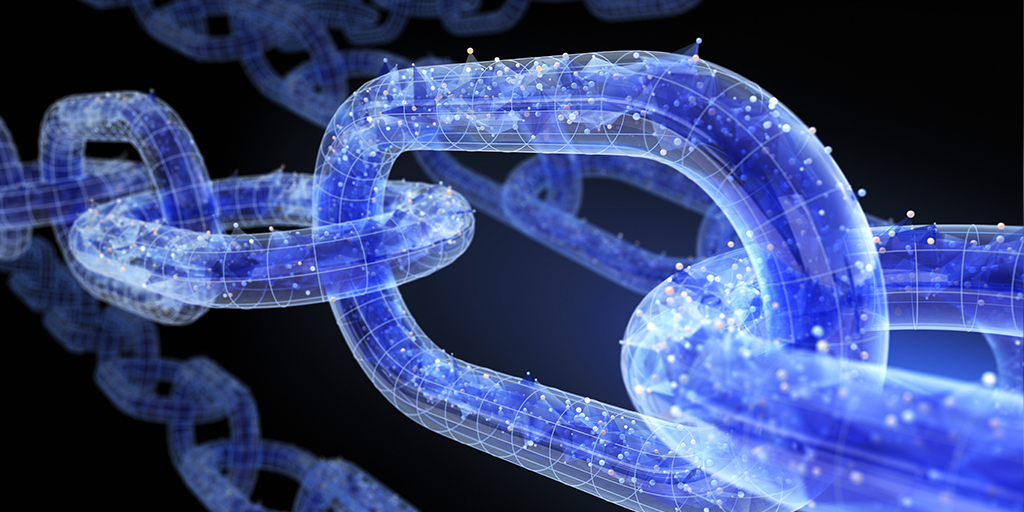Hello Humble Stackers! Welcome to our blog, we post company updates and selected Bitcoin stories here. Maybe even some new deals and special offers too!
The history of a ledger 📜
Ledgers date back thousands of years, and in essence, it's merely a collection of records. You can use a ledger to record sales, purchases but also day-to-day expenses in a cash ledger. Keeping track of income and expenditures will give you better insight into your spending habits and make better financial decisions.
While growing up, I remember my grandma keeping a record of every time she would take out cash from an ATM and list every expense in a small booklet, her ledger! Of course, her ledger is relatively small and not strictly necessary, but a bank needs to maintain a ledger with records of which customer owns how much and how their money moves.

Moving from a paper ledger to a database
When a bank needs to maintain thousands of records from millions of customers, it becomes hard to do this with pen and paper. So it starts to make sense that a bank moves all this information into a computer system. While the word "database" sounds rather fancy, it's just a file on a computer in a specific format so that data can easily be stored and retrieved.
Your bank will keep this database and maintain all the records for their customers. However, you have no control over the database, as this would allow you to add some money to your account (and take some from others). Therefore, the bank has read and write access to the database, whereas you have only read permissions to view your account. While the exclusive control of the database by the bank works perfectly fine, it would not work for a global monetary system like bitcoin.
The final step; from a database to a blockchain
Even though a database works in a centralized environment (i.e., the bank), it would not work for global Internet money (it is why prior projects like E-gold and Bit Gold failed). Since we're dealing with money, it's essential to have a clear picture of who owns what. From what we've learned so far in this blog post, we need a ledger in a database, which everyone can maintain (instead of having one party write records in the database).
If everyone were to maintain our database, how do we make sure people don't cheat and modify the database? It's simple; we agree to all have the exact copy of the database. That way, if you were to change something in your database, the rest of the community would immediately see that you've tried to cheat (since everyone else owns a copy of the legitimate database). We also make sure that all the data in the database is permanent and cannot be changed; we can only add new transactions.
In the case of bitcoin, our ledger/database consists of small blocks of data with all the transactions in the history of bitcoin. New transactions go into the bitcoin database through a process called mining (read more about mining in this blog post). Besides the latest transactions in a block, the newly mined block also contains a reference to the previous block to protect the integrity of the bitcoin ledger. Hence the name "blockchain".
In short, this blockchain enables us to have a single source of truth in terms of who owns what. Furthermore, the blockchain allows us to move bitcoin via the Internet from A to B without the need for a trusted third party (i.e., a bank) to update the bitcoin ledger. A network of computers across the globe maintains continuous agreement of who owns what, without needing to trust anyone! Welcome to money in the 21st century!
More Bitcoin 101
We hope you’ve enjoyed our sixth blog post in the series “Bitcoin 101 - What is bitcoin?”. If you want to know more about the bitcoin mining process, stay tuned for the next blog post! We’ll be publishing one blog post every week answering many of the questions we’ve heard from our Stekking users who are new to bitcoin:
- What is bitcoin?
- How and where can I buy bitcoin?
- How and where can I use bitcoin?
- Where should I keep my bitcoin stored safely?
- How does a bitcoin transaction work?
- How does bitcoin mining work?
- What are the advantages and disadvantages of using bitcoin?
- What is a blockchain and how does it work?
- How does bitcoin compare to other cryptocurrencies?
- Why should I want to have bitcoin?


